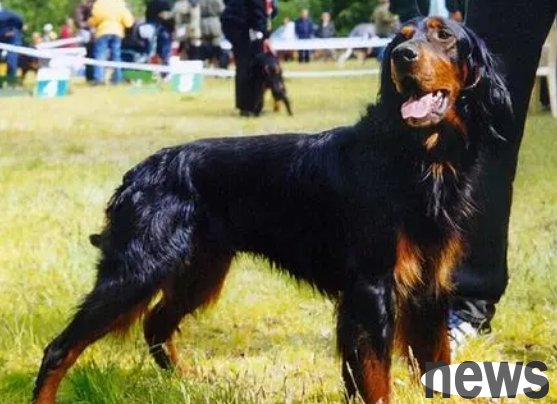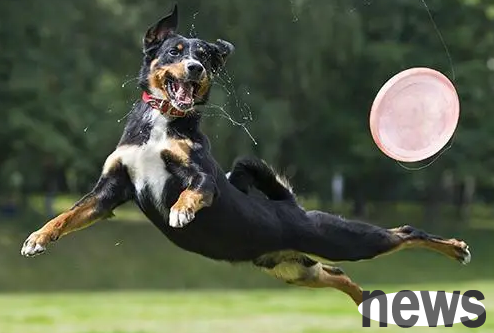Characters and behaviors of sports dogs: How to understand and improve their emotions and habits?
Have you ever seen such a dog?
They are energetic, like to run, jump, chase, and are curious about any movement.
They are smart and clever, have strong learning ability, and can complete various complex tasks, and some can even count, read, and perform.

They are loyal and brave, very attached to their owners, will protect their owners from danger, and will also be alert to strangers or other animals.
These dogs are sports dogs, a type of dog that specializes in providing various services and entertainment for humans.
Sports dogs include many breeds, such as shepherd dogs, cattle dogs, guide dogs, police dogs, search and rescue dogs, running dogs, etc.
They all share some common personality and behavioral characteristics, which are the result of their adaptation to human needs and the basis for their deep feelings with human beings.
However, these characteristics will also cause some problems for them, such as:
They require a lot of exercise and stimulation, otherwise they will feel bored, anxious, depressed, and even have bad behaviors, such as biting, clamoring, attacking, etc.
They are very dependent on their masters. If their masters are not around or ignore them, they will feel lonely, uneasy, fearful, and even psychological problems such as separation anxiety.
They have a strong sense of territory and competitive mentality. If they encounter other dogs or other things that threaten their status, they will show hostile or aggressive behavior.
So, as owners of sports dogs, how should we understand and improve their emotions and habits?
First of all, we need to understand the basic needs of sports dogs:
Sports needs: Sports dogs need to exercise at least one hour of high-intensity exercise every day, such as running, swimming, playing ball, etc. This can consume their excess energy and keep them healthy and mentally balanced.
Intellectual Requirements: Sports dogs require at least half an hour of intellectual training every day, such as learning new skills, solving problems, playing with intellectual toys, etc. This can improve their learning ability and self-confidence, and increase their interaction and trust with their masters.
Social needs: Sports dogs need to have social activities at least once a day, such as playing, communicating, getting close to other dogs or humans. This can satisfy their group instincts and friendly personalities, reducing their loneliness and fear.
Secondly, we should pay attention to the behavioral norms of sports dogs:
Rewards and Punishments: Sports dogs are very sensitive to the praise and rewards of their owners, and are also easily affected by their owners’ criticism and punishments. Therefore, in training or daily life, we should give positive feedback to sports dogs in a timely manner, such as complimenting, touching, giving food or toys. At the same time, we should avoid giving negative feedback to sports dogs, such as beating, scolding, putting in cages, ignoring them. This can enhance the obedience and loyalty of sports dogs, and can also prevent sports dogs from having rebellious and fearful mentality.

Leadership and Obedience: Sports dogs have strong desire for leadership and obedience. They need to have a clear leader, that is, the master, to direct and protect them. Therefore, when we are with sports dogs, we must show confidence and firmness, so that sports dogs know that we are their leaders and that they must obey our orders. At the same time, we must respect the personality and needs of sports dogs, and do not interfere and control them too much, so that they have certain freedom and choice. This can build trust and respect for the sports dogs for their owners, and can also prevent the sports dogs from resistant and rebellious behavior.
Socialization and adaptation: Sports dogs need to start social training from an early age, that is, let them contact a variety of people and things, and let them adapt to different environments and situations. This can improve the adaptability and adaptability of sports dogs, reducing their fear and hostility towards strange things. At the same time, we should also take exercise dogs to the hospital regularly for physical examinations, get vaccinations, and take deworming and other health care measures to keep them in a good physical and psychological state.
In short, sports dogs are a very excellent type of dog. They have excellent personalities and behavioral characteristics, and also have special needs and problems.
As masters, we need to understand their characteristics, meet their needs, improve their problems, and give them enough love and care.
In this way, we can establish a beautiful and lasting friendship with sports dogs.